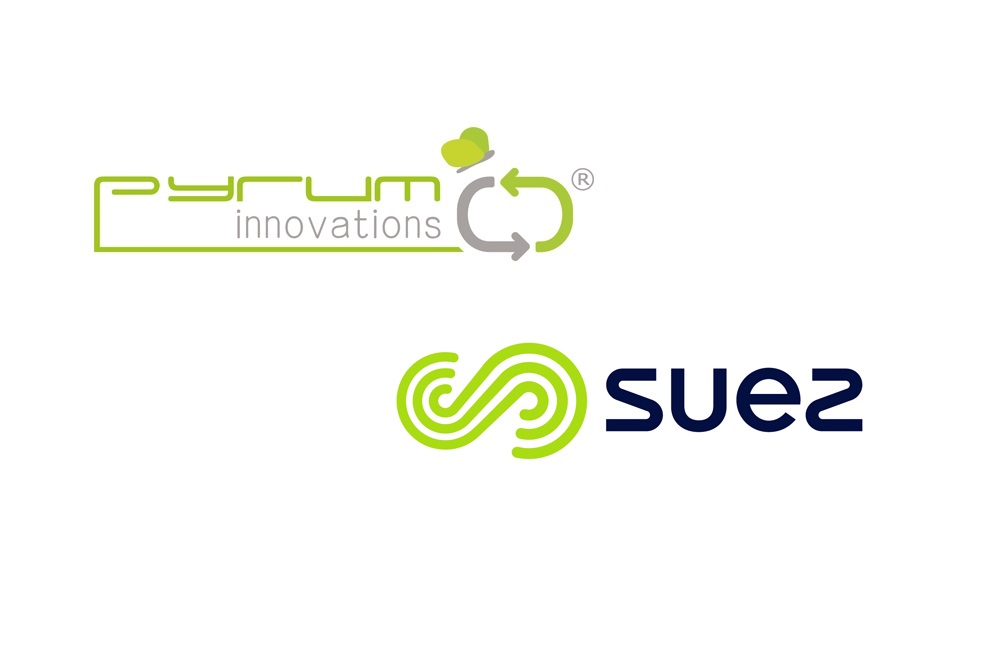SUEZ’s development brings Pyrum’s deal with one of the UK’s largest waste contractors to light. Pyrum had hinted at six plants destined for the UK, and this is the first step in putting these in place.
In this first year of the arrangement, the utility company, which is part of the SUEZ Group and is active in water and waste management, will identify the location for the first plant and initiate the approval process, in which Pyrum will assist. SUEZ will bear the costs of the approval process. The planned plant will comprise three pyrolysis reactors with a recycling capacity of around 20,000 tonnes of end-of-life tyres per year. Following successful approval, the first plant is to be built in England.
Pascal Klein, CEO of Pyrum Innovations AG said; “The European rollout of our unique technology continues to progress. In SUEZ, we were able to partner with one of the leading companies in the field of sustainable solutions and innovative technologies for the British circular economy. Working together, Pyrum and SUEZ will benefit from each other’s expertise. The first site will now be identified as soon as possible. We will then work together to complete the approval process with the local authorities.”
John Scanlon, CEO of SUEZ Recycling and Recovery UK added; “This agreement marks an exciting milestone for SUEZ as leaders in the development of a more circular, resource-efficient UK economy, we’re excited to partner with Pyrum, who are also leaders in their field. With our expertise in delivering new infrastructure, SUEZ is the natural choice to pioneer this innovative technology in the UK, which will see a vast improvement in the recycling of end-of-life tyres and a significant reduction in CO2 emissions compared with current tyre recycling technologies. We look forward to working together over the coming year to develop plans for the first UK plant.”
This follows the initiation of two other projects in Germany and the upscaling of Pyrum’s plant at Dillingen, expected to be on-stream this year.
The demand for alternative outlets for tyre materials will increase considerably if the microplastic ban on crumb rubber infill goes ahead, as is expected.




















